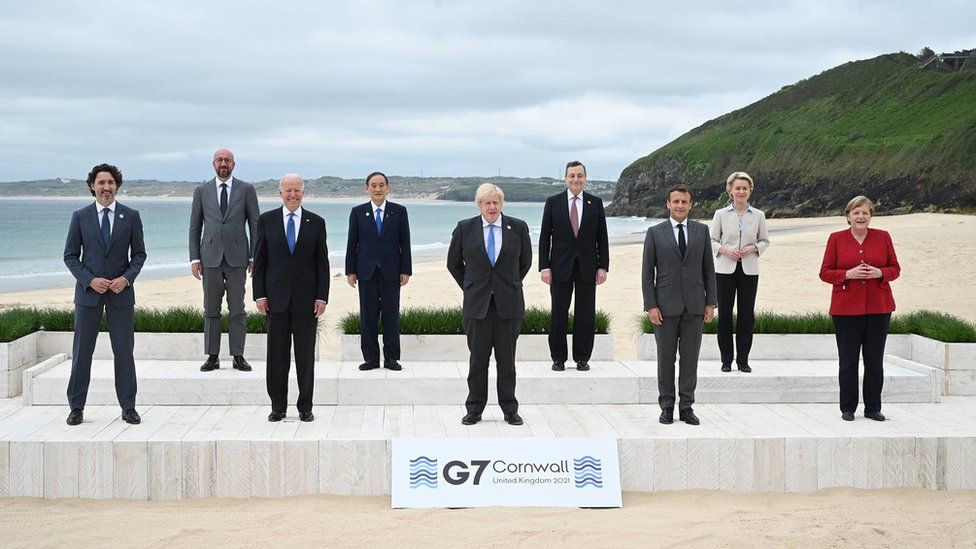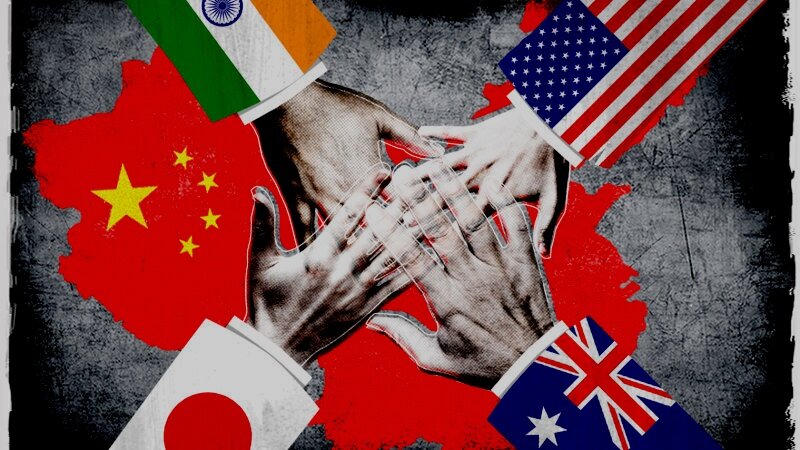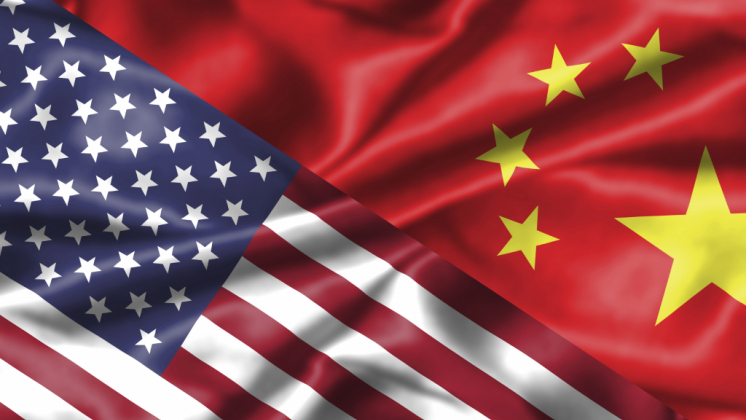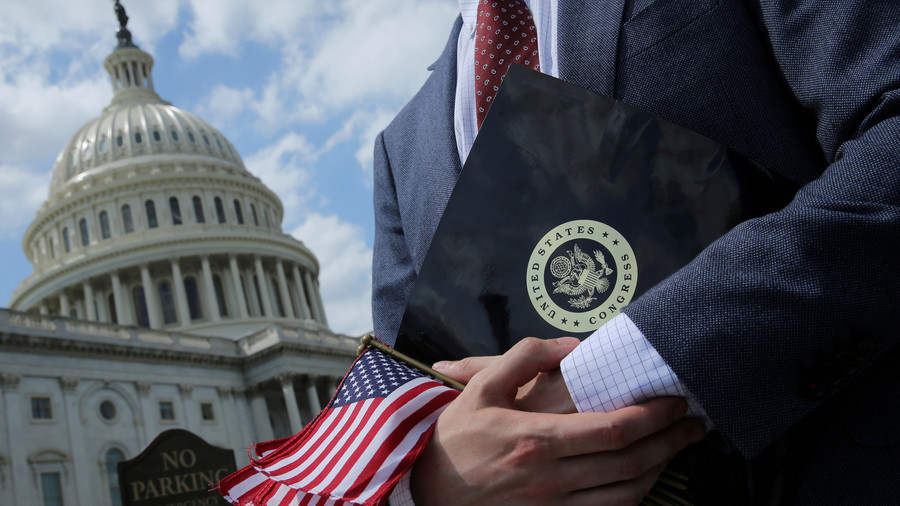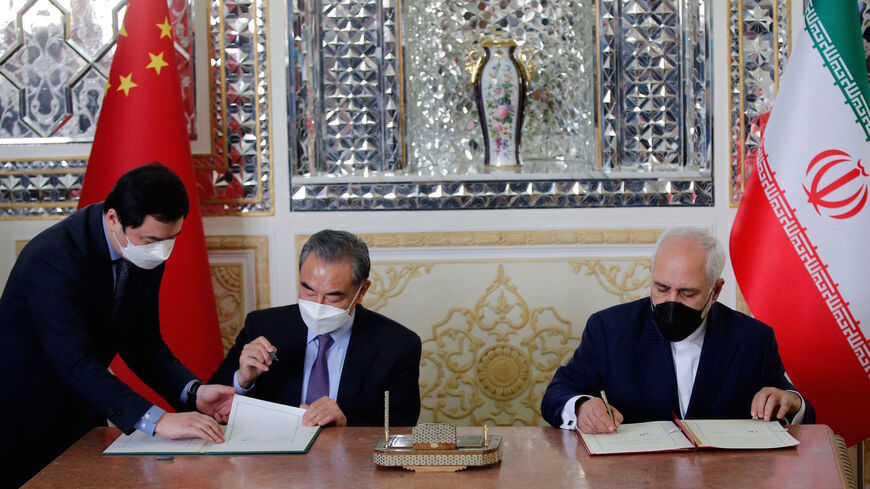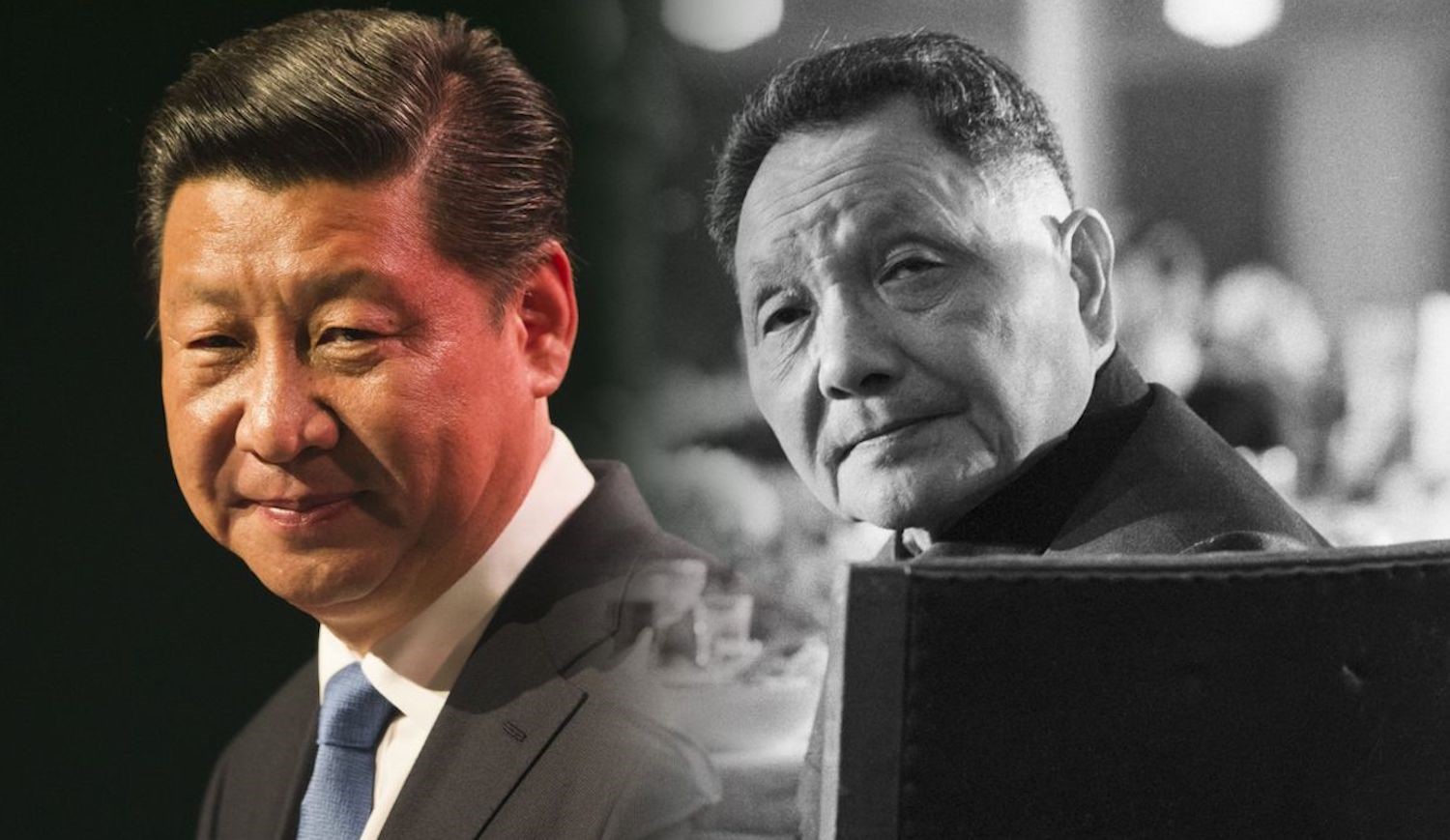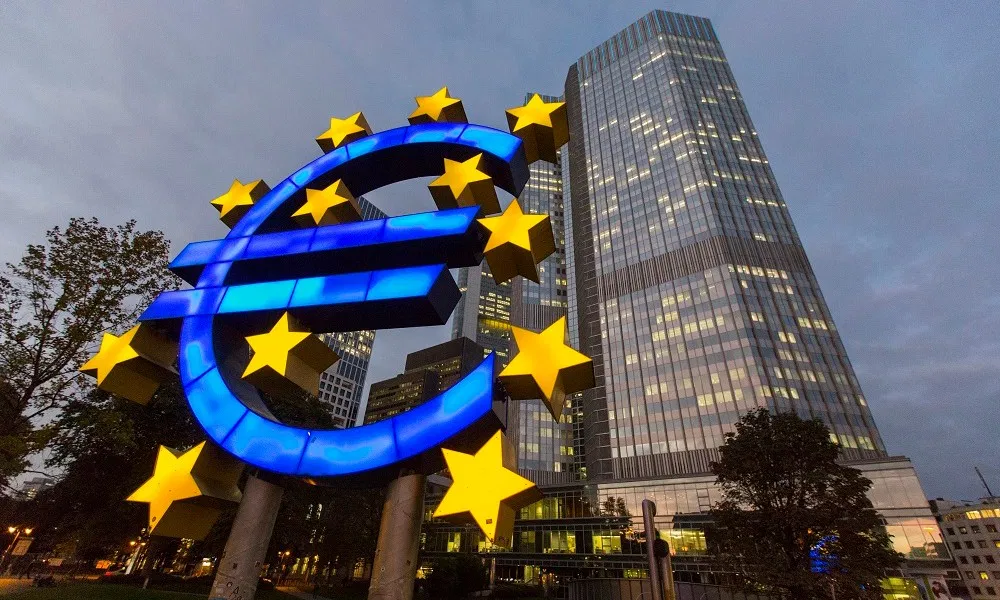G7, surrender to self-made crises
BY: Pooya Mirzaei PEJOURNAL - The idea of forming the G7 after the global oil crisis in 1973 convinced the powerful leaders of the world's major industrialized nations in 1975 that they needed closer and more coherent cooperation for the economic-security crisis caused by economic and oil shocks. But the failure of the Group of Seven in recent years, given the growth of tangible and intangible threats and the changing and fluid nature of threats, has led to the questioning of its existential philosophy. In the current context, and given the out-of-control crises, especially transnational ones, and the conventional and…
